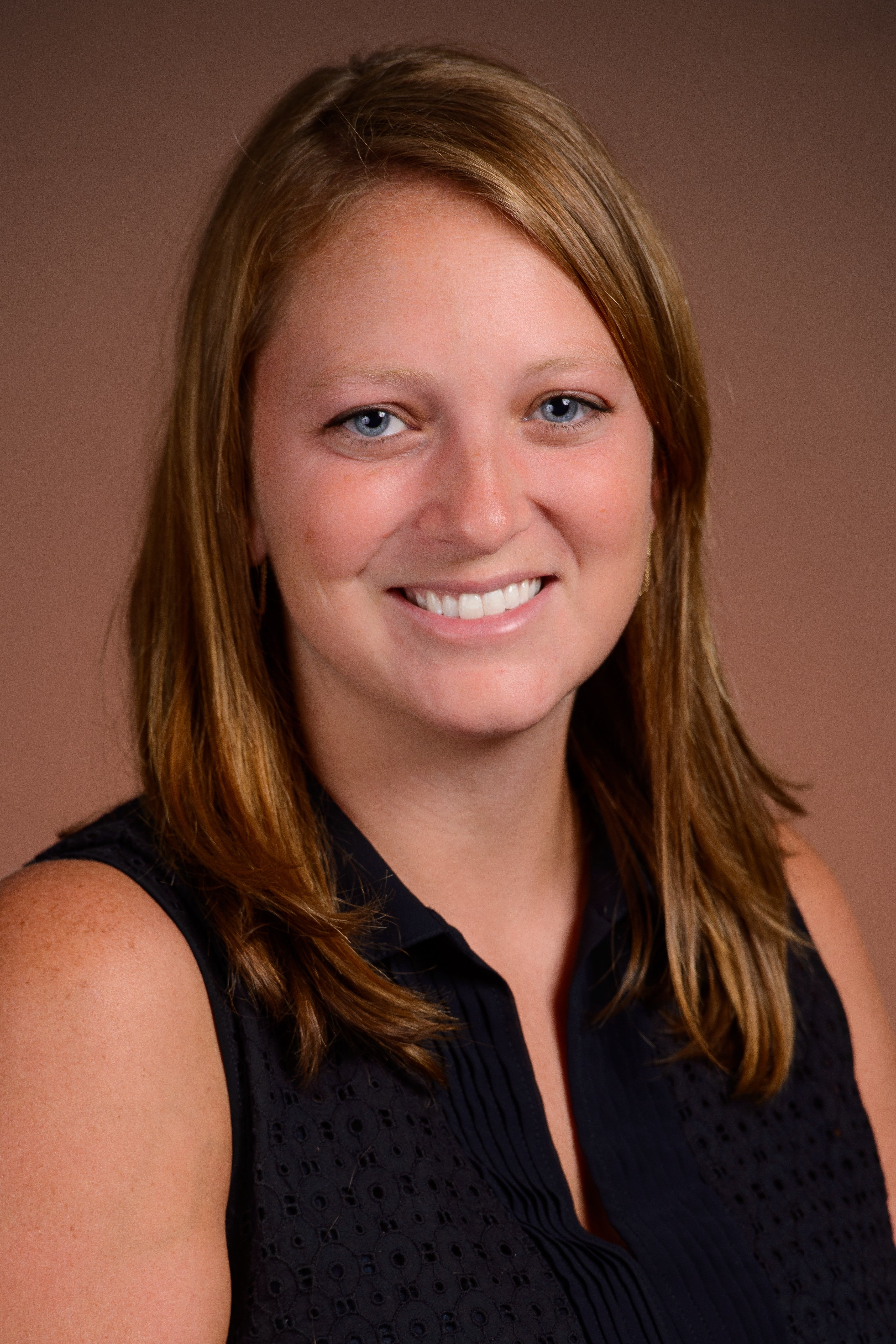Discipline impacts two ASU PhD graduates

Christopher Davis graduated from ASU with his PhD in political science this May.
For four years in a row, the Military Times group has ranked Arizona State University as one of its “Best for Vets” colleges. With the help of resources like the Pat Tillman Veterans Center, ASU serves more than 8,400 military, veterans and their dependents.
In the spring of 2019, three of the five graduates from the political science PhD program in the School of Politics and Global Studies were military veterans.
ASU Now caught up with two of them to hear their stories.
Originally from a small town in Alabama, first-generation student Christopher Davis thought joining the military seemed like a wise path. He served in multiple branches, beginning with the U.S. Navy, where he spent five years on active duty deployed throughout the Mediterranean.
After Davis left the Navy, he moved to Arizona to join the Air National Guard in 2002. During this time, he also graduated from ASU with a BA in anthropology “at the ripe old age of 35.”
Believing he was aged out of pursuing a commission in the Air Force, Davis transferred to the Army Reserve and deployed to Afghanistan. While overseas, Davis would go off base as a civil affairs sergeant to engage with the local populace which allowed him to learn more about their culture.
After four years in the reserve, Davis moved to Arizona Air Guard in a full-time capacity as a drone operator. This allowed him to have more traditional work schedule.
Davis would end up using his GI Bill from the Navy to fund his BA and then would use his tuition assistance through the Air Guard to attend Troy University in 2012 to receive his MS in international relations.
“The military made my studies possible,” Davis said. “Without the funding and support I received from the military, I never would have been in the position to be accepted into the PhD program.”
Davis’ response to how his military experience impacted his studies at ASU was simple — discipline.
For the first three years within the PhD program, before he retired from the Arizona Air Guard in May of 2017, Davis would spend six to 10 days each month in Tucson operating drones. It meant long drives and long nights to make sure he kept up with his studies.
“If the military teaches you anything, it teaches you how to be disciplined,” Davis explained. “Without that, I don’t think I could have succeeded in getting my degree.”
For Alicia Ellis, another recent PhD graduate of political science, part of the reason the military appealed to her in the first place was because of the discipline it required.
“I think it helped give me a different perspective on my studies — a closer connection to real-world policy and events that sometimes seems a little distant from the university setting,” Ellis said.
Alicia Ellis recently graduated from ASU with her PhD in political science.
Ellis is a veteran of the Air Force with multiple deployments in support of Operation Enduring Freedom and Operation Iraqi Freedom. Prior to coming to ASU to pursue her PhD, she worked at the U.S. State Department as a policy analyst.
When she was In her 20s, various campus tours led Ellis to Tempe where she visited with School of Politics and Global Studies professor Miki Kittilson. Ellis instantly felt a connection with ASU.
“We ate lunch on the rooftop — outdoors in February — and I remembered why I loved it so much here,” Ellis shared. “I knew this was where I wanted to stay.”
Davis said he thought the faculty had done an excellent job of preparing him for life after graduation through experiences like being a teaching assistant in Thorin Wright’s international security course, becoming proficient in creating and analyzing surveys in Kim Fridkin’s experimental lab and taking over a class on the relationship between war and religion — ultimately teaching it twice.
This upcoming fall semester, Davis will be teaching the political science course international security as well as co-teaching the special topic course urbanization, security and conflict for the school’s online MA in global security — a degree program supported by the Center on the Future of War.
Ellis is also teaching for ASU Online in the fall but will be focusing on two separate political science courses: world politics in addition to national security, intelligence and terrorism.
More Law, journalism and politics
Can elections results be counted quickly yet reliably?
Election results that are released as quickly as the public demands but are reliable enough to earn wide acceptance may not…
Spring break trip to Hawaiʻi provides insight into Indigenous law
A group of Arizona State University law students spent a week in Hawaiʻi for spring break. And while they did take in some of the…

LA journalists and officials gather to connect and salute fire coverage
Recognition of Los Angeles-area media coverage of the region’s January wildfires was the primary message as hundreds gathered at…


